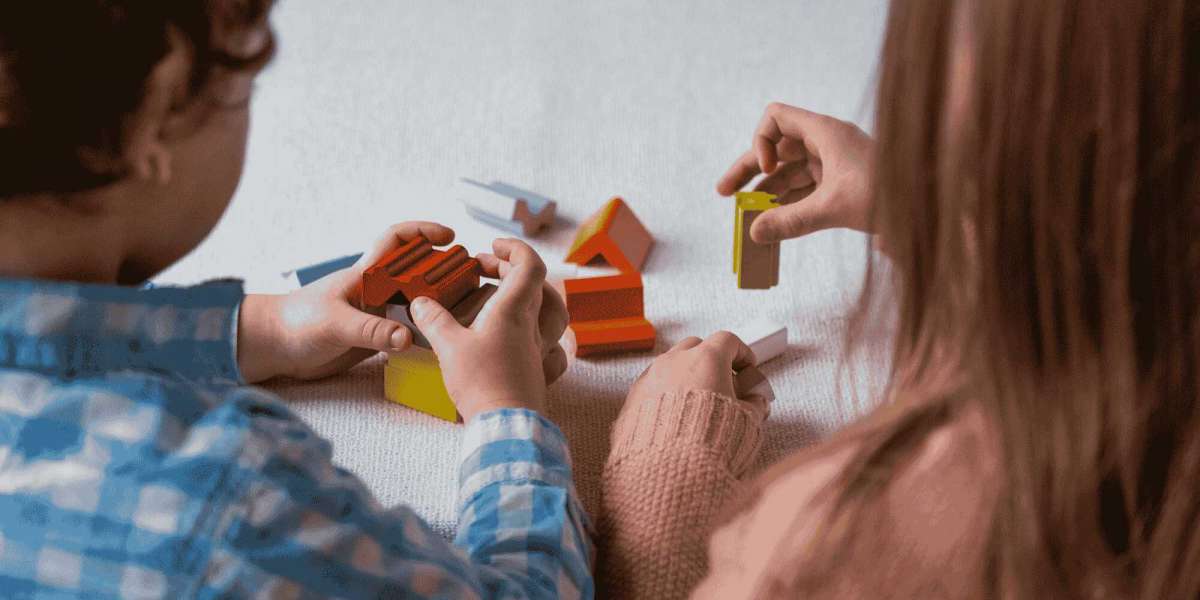Play therapy is a powerful modality used by mental health professionals to help children express emotions, process trauma, and develop coping skills. The young budding age of children is a vulnerable stage of life when their minds are still under development and can be molded in any way. Hence, addressing any behavioral, emotional, or psychological issue is an important and delicate process. This is why using play as a means of a structured approach toward wellbeing is helpful. These interventions foster emotional expression, enhance problem-solving abilities, and build resilience.
Considering the crucial nature of play therapy, Liana Lowenstein, a well-recognized play therapist and author, has created an extensive library of on-demand courses, providing invaluable training for mental health professionals. Her courses cover a diverse range of topics, including play therapy techniques for anxiety, trauma, resistance, telehealth interventions, divorce, grief, and Trauma-Focused Cognitive Behavioral Therapy (TF-CBT). Each of her courses offers a wealth of knowledge that helps mental health professionals enhance their clinical practice.
The Comprehensive Range of Play Therapy Topics
Play therapy provides a safe and developmentally appropriate way to address behavioral, emotional, and psychological challenges. Hence, Liana Lowenstein’s courses are designed on evidence-based interventions that are engaging, effective, and practical. As a Registered Social Worker, Certified Play Therapist-Supervisor, and Certified TF-CBT Therapist, Lowenstein brings decades of clinical expertise to her training programs.
Since 1988, she has been working with children and families in Toronto, earning international recognition for her contributions to play therapy. Her extensive work, including authoring 15 widely used books and delivering training across North America, Europe, Africa, and Asia, has solidified her reputation as a leading expert in the field.
Her courses reflect this depth of knowledge, covering a broad range of critical topics to enhance clinical practice for mental health professionals.
Below are some key areas covered in her training library:
1. Play Therapy Techniques for Anxiety
Anxiety, especially among kids and adolescents, is increasingly becoming prevalent, affecting approximately 1 in 12 children and 1 in 4 adolescents. The common symptoms of anxiety in children are excessive worry, fear, or avoidance. It can also manifest as physical symptoms, such as stomachaches and headaches or behaviorally, in terms of tantrums or isolation. More often than not, such symptoms are dismissed. However, early interventions are crucial to get better outcomes.
Lowenstein’s courses provide structured interventions that use creative play techniques, expressive arts, and creative cognitive-behavioral interventions to help young clients manage anxiety symptoms. Therapists can learn step-by-step techniques to help children externalize worries, build resilience, and improve emotional regulation.
2. Working with Resistance in Play Therapy
Resistance in therapy can be a significant barrier to progress. Many seasoned therapists struggle to deal with hard-to-engage children. There can be several reasons for this resistance, keeping the child from expressing emotions, presenting signs of isolation and withdrawal. It mostly manifests with dismissive behavior or statements, such as “I don’t want to talk about it”, “I don’t want to play”, or “I don’t want to go out,” making the entire therapeutic process excessively challenging.
Hence, Lowenstein’s has designed her courses to offer innovative, engaging strategies to break through resistance, including the use of therapeutic games, interactive storytelling, and hands-on activities that make therapy enjoyable and less intimidating for young clients. Engaging kids in such activities provides a safe and developmentally appropriate way to address behavioral, emotional, and psychological challenges.
3. Play Therapy for Trauma and TF-CBT Integration
Trauma-Focused Cognitive Behavioral Therapy (TF-CBT) is a gold-standard treatment for children exposed to trauma. The aftermath of a natural disaster or any traumatic event leads to isolation and resistance in children. Hence, this approach specifically integrates creative and developmentally appropriate interventions to cater to hard-to-engage children.
Lowenstein integrates TF-CBT principles with play therapy techniques, providing professionals with trauma-sensitive interventions that help children process distressing experiences in a safe and developmentally appropriate manner. Courses cover techniques such as:
- Creating trauma narratives using art and play
- Gradual exposure strategies through storytelling
- Emotional regulation exercises tailored for trauma survivors
4. Telehealth Play Therapy Interventions
Our society is progressively becoming more inclined toward digital advancement. This direction got an increased boost in the aftermath of COVID-19, when therapists were forced to shift their clinical practice online. Hence, teletherapy emerged as a new and highly accessible way to help kids using play therapy. Due to this, play therapists must adapt interventions to a virtual format.
Lowenstein’s telehealth courses offer practical solutions for engaging children in online therapy sessions. She provides clear and proven techniques, designed specifically for children, to engage, process and assist kids via tele-play-therapy.
5. Supporting Children Through Divorce and Family Transitions
Divorce can be an overwhelming experience for children, leading to feelings of confusion, anger, and grief. Moreover, adjusting to new family dynamics can be quite challenging for children. This can also create reluctance in talking about divorce due to fear and anxiety. Hence, it is essential to provide a safe space and play-based activities such as storytelling or role-playing to assist such kids in processing and helping them safely express their thoughts and feelings.
Lowenstein’s training equips therapists with play-based interventions to help children navigate family transitions. These creative interventions help children develop effective coping skills by facilitating developmentally appropriate expression of feelings.
6. Grief and Loss in Play Therapy
Helping children cope with grief requires a sensitive and developmentally appropriate approach. Lowenstein’s courses provide structured activities that allow children to express grief, memorialize lost loved ones, and process emotions in a therapeutic setting. She equips mental health professionals with invaluable knowledge and necessary tools to work effectively with children, teens, and families grieving the loss of someone significant in their life.
Her creative play therapy interventions for grieving child include:
- Expressive arts interventions for grief processing
- Memory book creation for bereaved children
- Guided play narratives to facilitate healing conversations
7. Clinical Supervision in Play Therapy
For professionals supervising play therapists, Lowenstein offers advanced training on effective supervision strategies. Her creative integration of play, art, and sand techniques in clinical supervision provides beneficial outcomes for both the supervisee and supervisor. She equips clinical supervisors with a solid foundation for using play therapy and expressive media in supervision.
Why Choose Liana Lowenstein’s Play Therapy Courses?
Lowenstein’s courses stand out for their practicality, creativity, and strong research foundation. Here’s why professionals should consider enrolling:
- Expert-Led Training: Lowenstein is a globally recognized leader in play therapy, ensuring that the content is high-quality and backed by years of clinical expertise.
- Hands-On Techniques: Each course includes actionable techniques that therapists can immediately implement in sessions.
- Flexible Learning Format: Recorded courses allow professionals to learn at their own pace, making it easier to balance continuing education with clinical practice.
- Applicable Across Various Settings: The interventions can be used in private practice, schools, hospitals, and community mental health settings.
- CE Credits Opportunities: Many of her courses offer Continuing Education credits (CE), which help therapists meet licensure renewal requirements.
Final Thoughts
Liana Lowenstein’s on-demand courses offer an invaluable resource for mental health professionals seeking to enhance their skills in play therapy. Whether you specialize in trauma, anxiety, telehealth, or grief counseling, her comprehensive training programs provide practical, engaging, and evidence-based techniques that can transform therapeutic outcomes for children and families.
For those looking to deepen their expertise and gain new therapeutic tools, exploring her full library of courses is a worthwhile investment.







